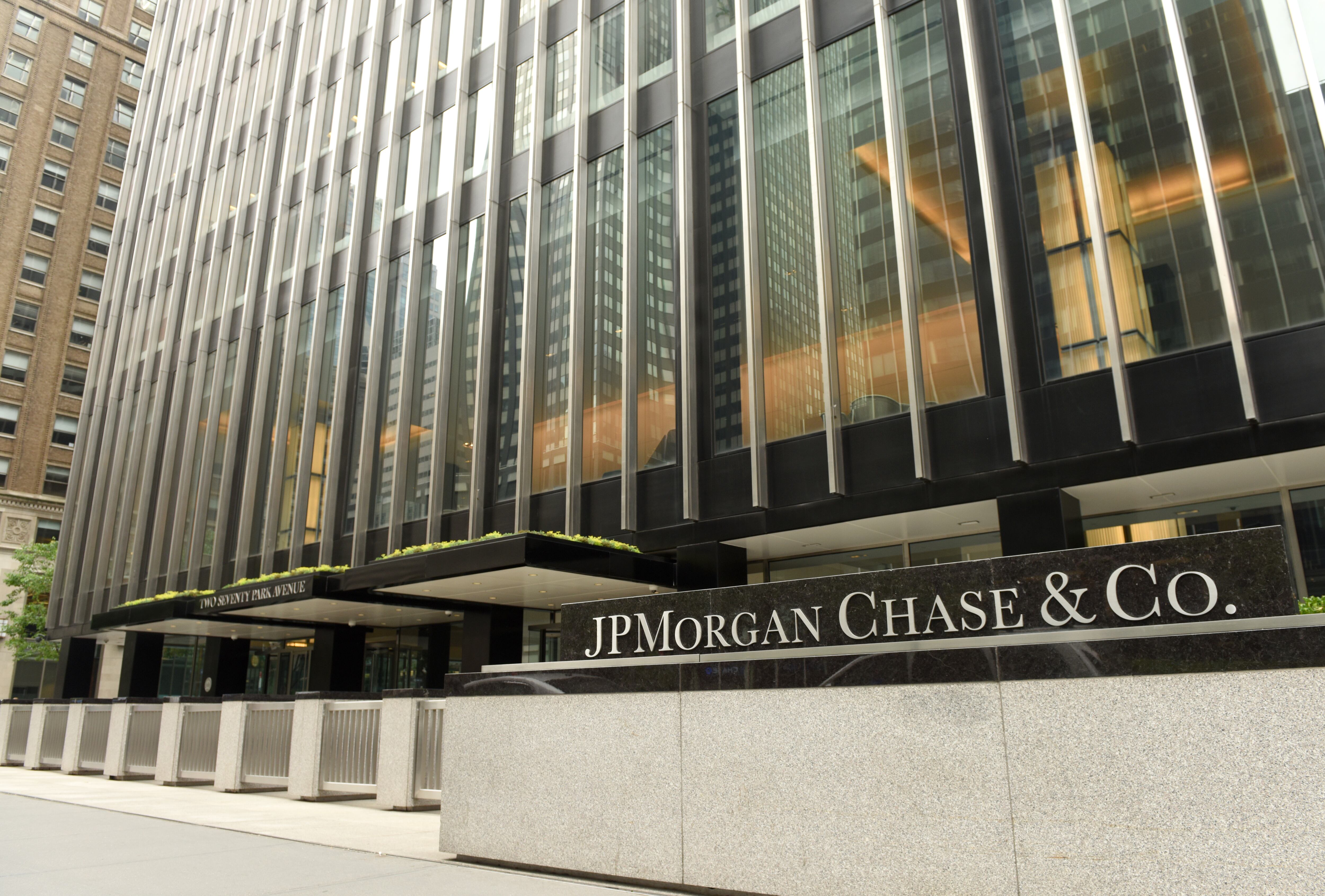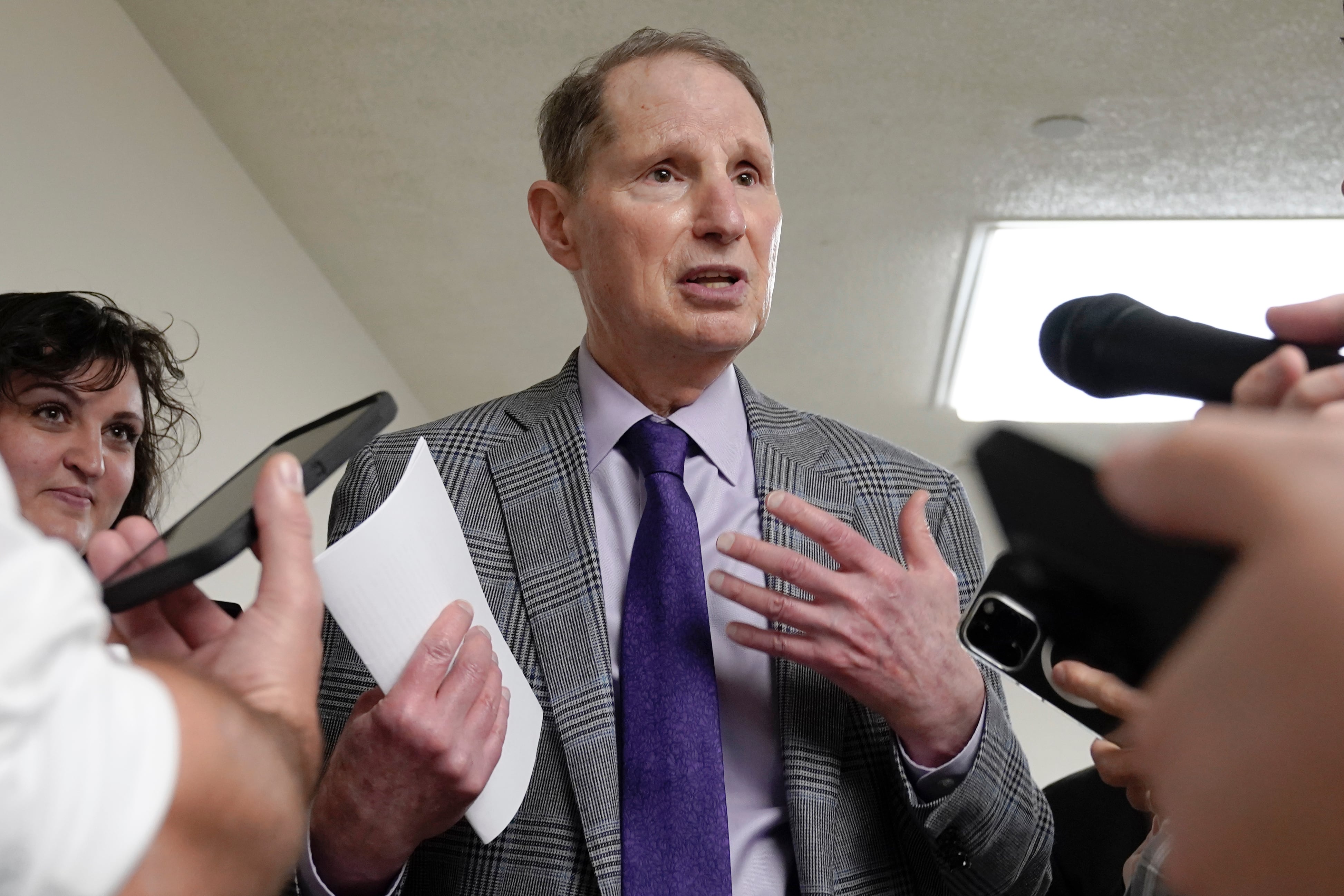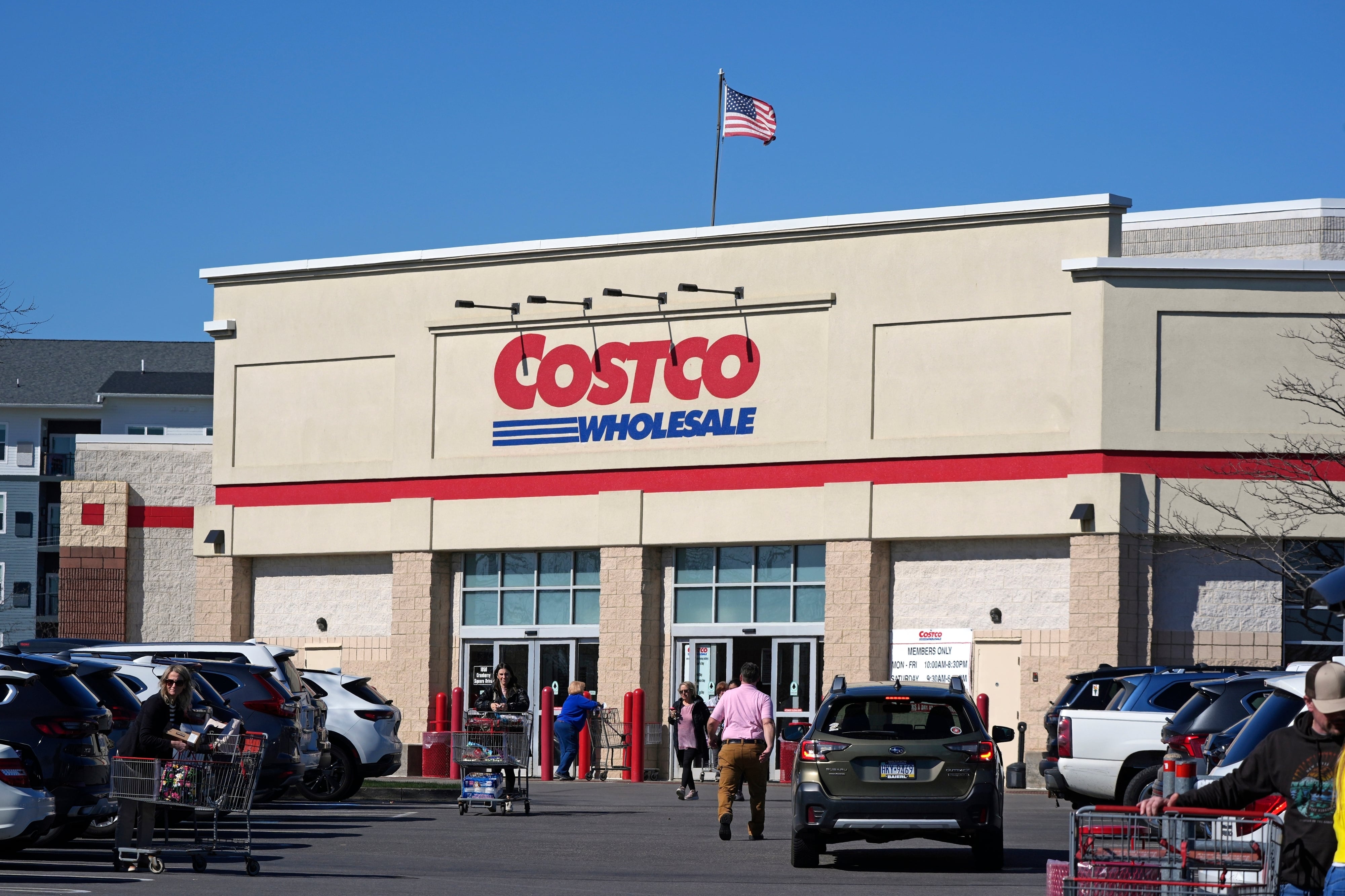When California-based carmaker Fisker Inc. debuted its first model, the Fisker Ocean, at the Consumer Electronics Show in Las Vegas earlier this month, it represented a new opportunity for CEO Henrick Fisker to stake his claim in the electric vehicle industry.
"It's the world's most sustainable vehicle," Fisker told Cheddar. "At least that's our aim."
The all-electric SUV is expected to have a driving range of 250-300 miles on a single charge and will feature a solar roof and multiple parts made from recycled products.
This isn't Fisker's first rodeo. His company Fisker Automotive entered the hybrid vehicle market back in 2007 but failed to gain footing. The company declared bankruptcy in 2013 after receiving millions in federal assistance and taking over a former GM plant in Delaware.
Fisker retained the name and brand, however, and relaunched as Fisker Inc. in 2016 with the goal of producing an affordable, all-electric vehicle that could compete with the likes of Tesla.
The Fisker Ocean's current sale price is $37,499 (or $29,999 with a $7,500 federal tax credit). The company is accepting reservations online and via a proprietary app with a launch date of 2022.
For comparison, Tesla's Model X SUV runs for $84,990, though the midsized Model Y is set to launch in 2021 for about $48,000.
Similar to its omnipresent competitor, Fisker Inc. will skip over dealerships with a direct-to-consumer sales model. The company is also offering a flexible lease option that allows buyers to turn in their cars at any time.
Fisker has touted partnerships with still-unnamed automakers who he says will help lift the financial burden of developing the vehicle for mass production.
"We are working with some very large auto suppliers and that really means we don't have to spend billions of dollars developing everything ourselves," Fisker added.
One of the more luxurious features, "California Mode," allows drivers to lower all nine windows in the car at once. The idea is to create the feel of a convertible while retaining its full roll-cage.
Other sustainable features include a "vegan interior," repurposed rubber waste for various parts, and fully recycled carpeting throughout.












